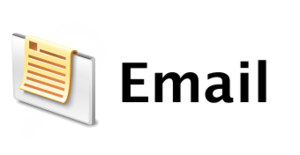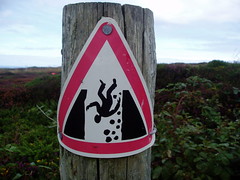
Image via Wikipedia
It sounds counter-intuitive, but it turns out it works: you can make money with a small email list. You can even earn more with a small list than you can with a large one.
We all tend to think that more is, well, more. But sometimes, less is really more. It also helps to think through what you’re doing and try to make your emails as helpful and relevant to your readers as possible.
Here’s how one IT company reconfigured and streamlined their list and their marketing strategy. They ended up earning more, without increasing the size of their list.
Build on personal relationships
The first change they made was a simple one. They switched the name on the “from” line from the marketing department to the name of an account manager. This made the messages seem more personal and helpful and less “salesy.”
Consider the customer experience
Then, they streamlined the emails. They used less HTML and graphics, and more plain text. This change made the emails easier to read on different devices. It also reduced page load times.
The next change was to the content. Instead of a barrage of emails all at once, the messages were staggered in a series. The early messages offered more help, with free guides and webinars.
More sales-oriented messages were pushed back later in the series (product demos and free trials).
The result?
- 225% increase in sales-ready leads
- 376% more downloads, forms filled in and interaction
- 27% more of the leads from the emails became customers
Read the full article here (open access until Sept. 16)
Now, all emails and lists and marketing is different. However, it does suggest that simplifying, adding more useful content, and carefully showing leads along a path to a sale, can make a big difference.
Start with signing them up, add valuable content, helpful videos, ebooks, etc. Then add in materials that are more directly related to a sale (a demo, a free consultation). Finally, ask for the sale.




